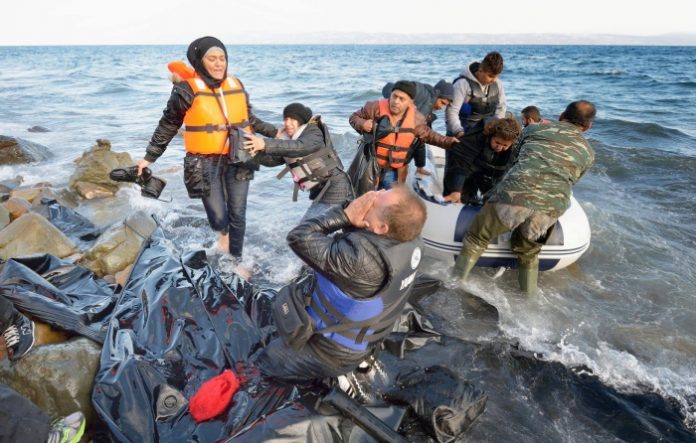Participants at the conference “Xenophobia, Racism and Populist Nationalism in the Context of Global Migration” released a message on 19 September that affirms and upholds the institution of asylum for those fleeing from war, persecution or natural disaster, and invokes respect for the rights for all people on the move.
The conference, held in Rome, was organized jointly by the World Council of Churches and the Dicastery for Promoting Integral Human Development in collaboration with the Pontifical Council for Promoting Christian Unity.
“Conscious of a rise in xenophobic and racist reactions to refugees and migrants, we have striven to describe, analyze, understand and address the exclusion, marginalization, stigmatization and criminalization of migrants and refugees, and the justifications for these attitudes and discourses which now exist in several different parts of the world, even within the churches,” reads the message.
The message also acknowledges that migration – the movement of people – is an inherent feature of the human condition. “It belongs to the whole history of humanity – past, present and future – and the entire biblical narrative,” reads the message.
Conference participants acknowledged that recent drivers of forced displacement and migration have included unresolved brutal conflicts and the lingering consequences of global economic crisis and austerity policies, as well as other root causes such as extreme poverty, food insecurity, lack of opportunity, and insecurity.
“The churches and all Christians have the mission to proclaim that every human being is worthy of respect and protection,” the message reads. “The churches are also called to live out, on a daily basis, the welcome of the stranger but also the protection and the mutual encouragement to all – each in the diversity of their origins and history – to participate according to their own talents in the building of a society that seeks peaceful well-being in equality and rejecting all discrimination.”
World Council of Churches, oikoumene.org














